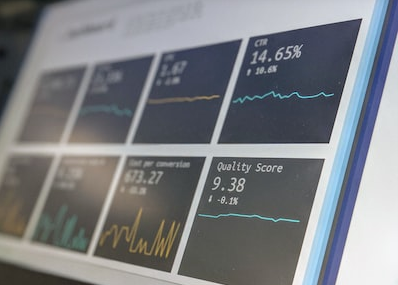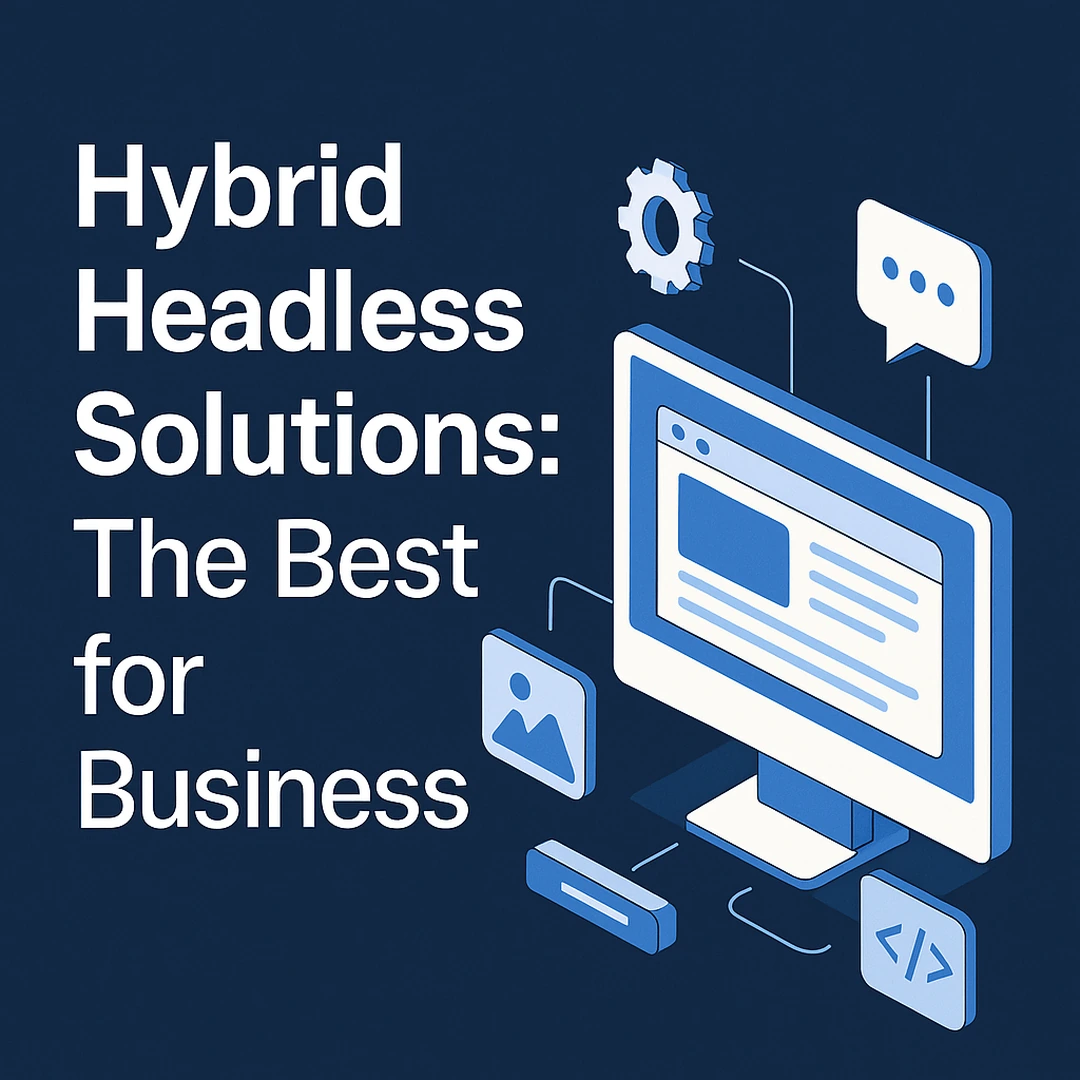Get your free consultation today!
Share with your Colleagues
Categories
ROI Calculator
Moonstone Interactive is the only San Francisco Bay Area web design firm and Internet Marketing expert that offers a free online ROI Calculator
Author: Jason Herz

Deciding which digital marketing strategy is the best for your business can take time and effort. SEO and PPC are two of the most popular digital marketing strategies, each with advantages.
SEO and PPC are two of the most popular digital marketing strategies businesses use to increase website visibility, generate targeted website traffic, and improve their return on investment (ROI). SEO and PPC have advantages and drawbacks, so it is essential to understand the differences between them before deciding which digital marketing strategy is best for your business.
- Search Engine Optimization (SEO) is an online marketing strategy focused on increasing organic website traffic by improving website content.
- Pay-Per-Click (PPC) is a digital advertising model that generates website traffic through ads placed on search engine result pages.
SEO: Pros and Cons
Many companies consider SEO the more cost-effective option, as it typically involves less money but more time than PPC. It is also a longer-term solution, as SEO efforts often take time to show results. SEO can also be more targeted, as it focuses on organic traffic, or people who are already searching for keywords related to your business. However, SEO requires a lot of research, content development, and optimization to be successful, and it can take a while to show results.
PPC: Pros and Cons
PPC is often seen as the more immediate option, as it can bring in targeted traffic quickly. It also can bring in more customers due to the wide range of ad placements and targeting options available. However, PPC can be costly, depending on the keywords, ad placements chosen, and bidding competition. It also requires continual optimization and testing to get the best return on investment (ROI).
SEO vs. PPC: Which is Better for Conversion?
SEO and PPC are practical tools for conversion rate optimization (CRO). SEO increases organic traffic, improves user experience on your website, and lowers the cost per sale or lead. SEO can bring in more targeted, organic traffic over the long term. On the other hand, PPC is better for driving more immediate traffic, testing different ad copy, and targeting different market segments. Ultimately, the best choice for your business depends on the goals you are trying to achieve.
Average Conversion Rate for SEO and PPC By Industry
 The average conversion rate for SEO and PPC varies greatly depending on the industry. For example, the average conversion rate for SEO for the automotive industry is as high as 7.81%, compared to 2.19% for PPC. On the other hand, the average conversion rate for SEO for the software industry is only 2.03%, compared to 5.19% for PPC. Therefore, businesses should understand their industry averages when deciding which platform is best for them.
The average conversion rate for SEO and PPC varies greatly depending on the industry. For example, the average conversion rate for SEO for the automotive industry is as high as 7.81%, compared to 2.19% for PPC. On the other hand, the average conversion rate for SEO for the software industry is only 2.03%, compared to 5.19% for PPC. Therefore, businesses should understand their industry averages when deciding which platform is best for them.
Five Industries with Biggest Gaps in Conversion Rates: SEO vs. PPC
As digital marketing evolves, SEO and PPC are becoming increasingly important tools for businesses looking to maximize profits and reach targeted market segments. There is no one-size-fits-all solution for driving targeted traffic and increasing conversion rates. Understanding the differences between SEO and PPC helps you decide how to select the best tools for your business.
SEO and PPC are two distinct online advertising methods with advantages and drawbacks. SEO focuses on organic traffic and optimizing website content and navigation for a better user experience. At the same time, PPC involves paying to place ads in search engine results and optimizing landing pages. SEO usually lowers the cost per sale and has a longer timeline for results, while PPC typically can achieve more immediate results.
Ultimately, it's essential to consider your business goals, urgency for results, and budget when deciding between SEO and PPC. Depending on your objectives, using both methods is the best way to get the most out of your digital marketing efforts. Below, we look at five industries that can benefit from combining SEO and PPC to maximize their return on ad spend.
- E-commerce businesses: E-commerce businesses need to remain competitive in an ever-changing marketplace. By optimizing their landing pages for conversion rates and closely managing PPC bids to drive targeted traffic, they can increase their conversion rates and lower their cost per sale. Additionally, PPC ads can help with keyword research and provide insight into the popular search terms within their target market.
- Professional services: Professional services such as lawyers, doctors, and accountants must stay visible to attract new clients. Using PPC, they can target specific demographics and increase the visibility of their services on search engine results pages. Additionally, SEO can help increase organic traffic and build trust with potential clients.
- The travel and hospitality industry is becoming increasingly competitive. By using SEO to create content that resonates with their target market and PPC to drive targeted traffic, businesses in this industry can maximize their return on ad spend and increase their conversion rates.
- Automotive businesses must stay competitive in an increasingly crowded marketplace. Using PPC to place ads in front of potential customers and SEO to generate organic traffic, automotive companies can increase their visibility and gain more leads.
- Real estate businesses need to capture the attention of potential buyers and sellers. Using PPC to reach their target market and SEO to optimize their website and create content that resonates with potential customers, real estate businesses can increase their visibility and conversion rates.
The Benefits of Using PPC and SEO Together
1. PPC Ads Help with SEO Keyword Research
PPC ads are a great way to help determine which keywords are most effective for your SEO efforts. With PPC, you can quickly compare the performance of different keywords and see which ones drive the most traffic and conversions. Tracking behavior gives you insight into which keywords you should focus on for SEO. Additionally, you can target different market segments with specific keywords in PPC to reach those more likely to convert. Behavior feedback helps you create more targeted campaigns and better user experiences, which can help you achieve a lower cost per sale and improved return on investment.
2. PPC Can Assist in a Competitive SEO Landscape
In a highly competitive SEO landscape, PPC can help give your website an edge by driving targeted traffic to your landing pages. Use PPC ads to attract targeted traffic to your website while you work on optimizing your organic rankings. Additionally, use PPC ads to test out different ad copy and placement options to maximize your return on ad spend. Manage your PPC campaigns to optimize your conversion rate and get a better understanding of how to optimize your SEO campaigns better.
3. PPC Drives Traffic While You Wait on SEO
PPC can drive traffic to your website while you wait for organic SEO traffic to mature. With PPC, you can generate targeted traffic immediately, allowing you to start making sales while you wait for the organic traffic from SEO. As a result, you can make more sales in a shorter time and at a lower cost per sale than if you rely solely on organic traffic. Also, use PPC to test different landing pages and user experiences, allowing you to optimize your conversion rate. Combining PPC and SEO can help you maximize your return on investment and get the most out of your SEO efforts.
4. SEO and PPC Reach Prospects at Each Stage of Their Journey
Use SEO and PPC to reach prospects at different stages of the buying journey, from awareness to purchase. SEO is excellent for increasing organic brand visibility and building trust with potential customers, while PPC targets audiences actively searching for your products or services. Additionally, combining SEO and PPC can increase total traffic to your site. For example, running PPC campaigns boost organic traffic and elevate your business for potential customers to find your business. In addition, PPC can test and optimize landing pages for better user experience and lower cost per sale. Finally, SEO can strengthen the foundation for PPC campaigns. By optimizing your site, you can increase conversion rate and return on investment from PPC campaigns and improve ad placement on search engine results pages.
5. PPC + Organic Search = More Total Traffic
Combining SEO and PPC efforts can also lead to increased total traffic. When SEO and PPC work together, organic search results can create more opportunities for potential customers to find your business. At the same time, PPC can help to fill the gaps and drive more targeted traffic. By optimizing each channel, your business can achieve a higher return on ad spend, and organic search traffic can help to supplement PPC efforts. In addition, SEO can strengthen the foundation for PPC campaigns. By optimizing for better user experience and lower cost per sale, you can increase conversion rate and return on investment from PPC campaigns.
6. SEO Makes Your Site Stronger for PPC Entrances
Optimizing organic search ranking for your website creates a stronger foundation for your PPC campaigns. SEO can help create more targeted landing pages for different market segments and improve the user experience. These improvements can lead to a higher return on investment from PPC campaigns and a higher conversion rate optimization. SEO can help improve the quality of ad copy and the placement of ads to ensure they reach the right target audience. Combining SEO and PPC can lead to higher click-through rates and more targeted traffic.
7. SEO + PPC: The Bottom Line
Ultimately, your goals, budget, and target audience should determine whether you use PPC, SEO, or both. While SEO can help to build long-term organic traffic, PPC can provide faster results with a lower cost per sale. When deciding which is better for you, consider your business's short-term and long-term objectives. By combining SEO and PPC, you can get the best of both worlds—maximizing your return on ad spend and increasing your organic traffic.
How To Budget for SEO vs. PPC
When budgeting for SEO versus PPC, consider the cost of each strategy, the potential return on ad spend, and the placement of ads. For SEO, the costs include developing content, optimizing existing content, and building links. For PPC, costs include setting up campaigns, creating ad copy, targeting market segments, ad bids, and optimizing landing pages. SEO and PPC also require ongoing optimization for the best user experience and conversion rate.
By understanding the potential return on investment for SEO and PPC, businesses can make informed decisions about their digital marketing budget. With the right strategy, companies can maximize their return on investment and achieve their desired results.
The Final Analysis - SEO vs. PPC, Which is Better?
Ultimately, the goals and resources of the business should determine the best choice for digital marketing. SEO is a long-term strategy to build brand awareness and trust, while PPC is a more immediate strategy to drive targeted traffic and help increase conversion rates. Additionally, both methods require ongoing optimization to ensure the best user experience and the lowest cost per sale. By understanding the potential return on investment for SEO and PPC, businesses can make informed decisions and maximize their return.
If you need professional help, Moonstone can handle the detail so you do not have to. Let’s get started.
.webp?ext=.webp)

